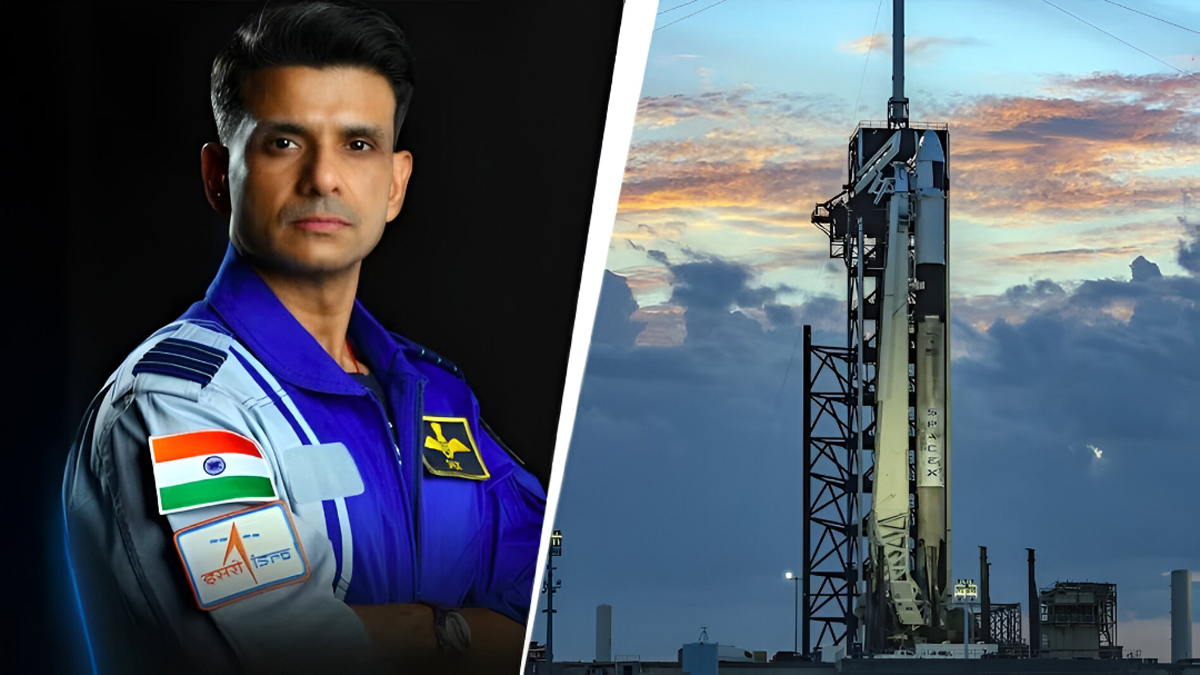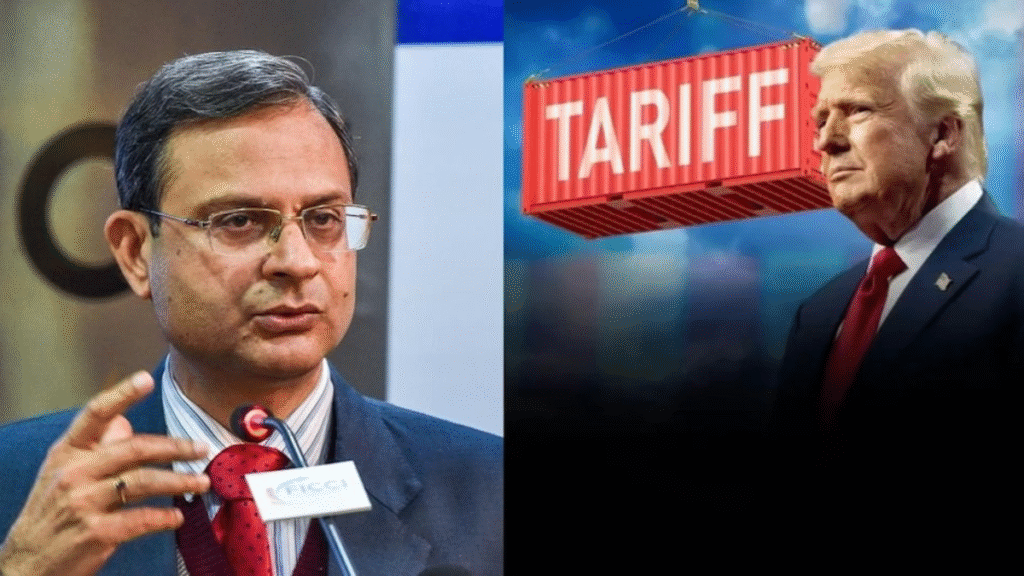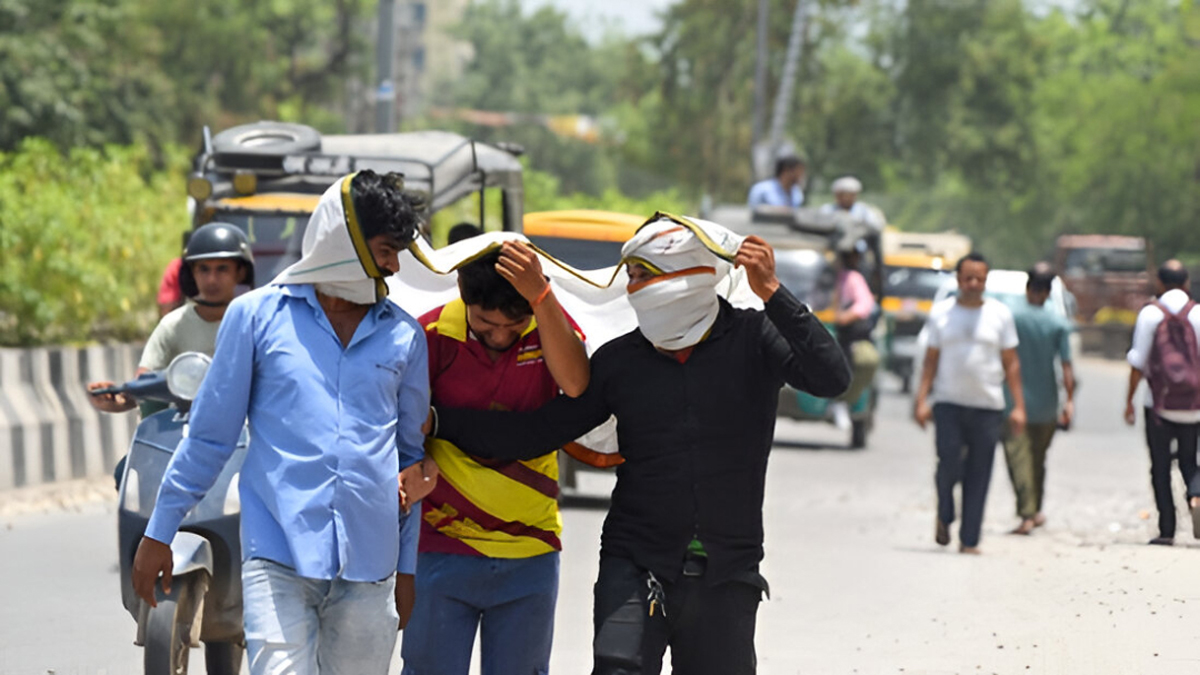Now Reading: Axiom-4 Mission to ISS Faces Further Delay Due to SpaceX Falcon 9 Liquid Oxygen Leak
-
01
Axiom-4 Mission to ISS Faces Further Delay Due to SpaceX Falcon 9 Liquid Oxygen Leak
Axiom-4 Mission to ISS Faces Further Delay Due to SpaceX Falcon 9 Liquid Oxygen Leak

The highly anticipated Axiom-4 private astronaut mission to the International Space Station (ISS) has been postponed yet again, with SpaceX citing a liquid oxygen (LOx) leak in its Falcon 9 rocket as the reason for the latest delay. The mission, which includes Indian astronaut Group Captain Shubhanshu Shukla, was most recently slated for launch on June 11, 2025, but a new launch date remains unannounced as teams work to resolve the technical issue.
This marks the latest in a series of delays for the Axiom-4 mission, which was initially scheduled for May 29, then pushed to June 8, June 10, and finally June 11, with previous postponements attributed to factors such as adverse weather conditions. The current technical setback was identified during post-static fire booster inspections of the Falcon 9 rocket.
According to statements from both SpaceX and the Indian Space Research Organisation (ISRO), a seven-second hot test conducted on the Falcon 9 booster stage at the launch pad revealed a LOx leak in the propulsion bay. Liquid oxygen is a crucial component of rocket propellant, acting as an oxidizer, and any leak poses a significant safety risk, necessitating immediate attention and repair.
ISRO Chairman V. Narayanan confirmed that discussions between experts from ISRO, Axiom Space, and SpaceX led to the decision to correct the leak and conduct thorough validation tests before clearing the launch. SpaceX, in a post on X, stated they are “standing down from tomorrow’s Falcon 9 launch of Ax-4 to the @Space_Station to allow additional time for SpaceX teams to repair the LOx leak identified during post static fire booster inspections. Once complete – and pending Range availability – we will share a new launch date.”
The Axiom-4 mission holds particular significance for India, as Group Captain Shubhanshu Shukla is set to become the first Indian astronaut to visit the ISS and only the second Indian to travel to space, following Rakesh Sharma’s historic flight in 1984. Shukla will serve as the mission’s pilot, alongside Mission Commander Peggy Whitson from the United States, and mission specialists Slawosz Uznanski-Wisniewski from Poland and Tibor Kapu from Hungary.
Once launched, the crew is expected to spend approximately 14 days aboard the ISS, conducting a wide array of scientific experiments. These studies are set to focus on various fields, including human physiology in space, AI applications, biology, materials science, and human endurance, with contributions from researchers across 31 countries. For India, Poland, and Hungary, this mission represents a significant return to human spaceflight after over four decades.
While the delay is undoubtedly a source of frustration for those eagerly awaiting the mission, the emphasis on ensuring the safety and reliability of the launch vehicle is paramount in the high-stakes world of space exploration. All eyes will now be on SpaceX and its partners as they work diligently to rectify the liquid oxygen leak and announce a new, confirmed launch window for this landmark mission.










